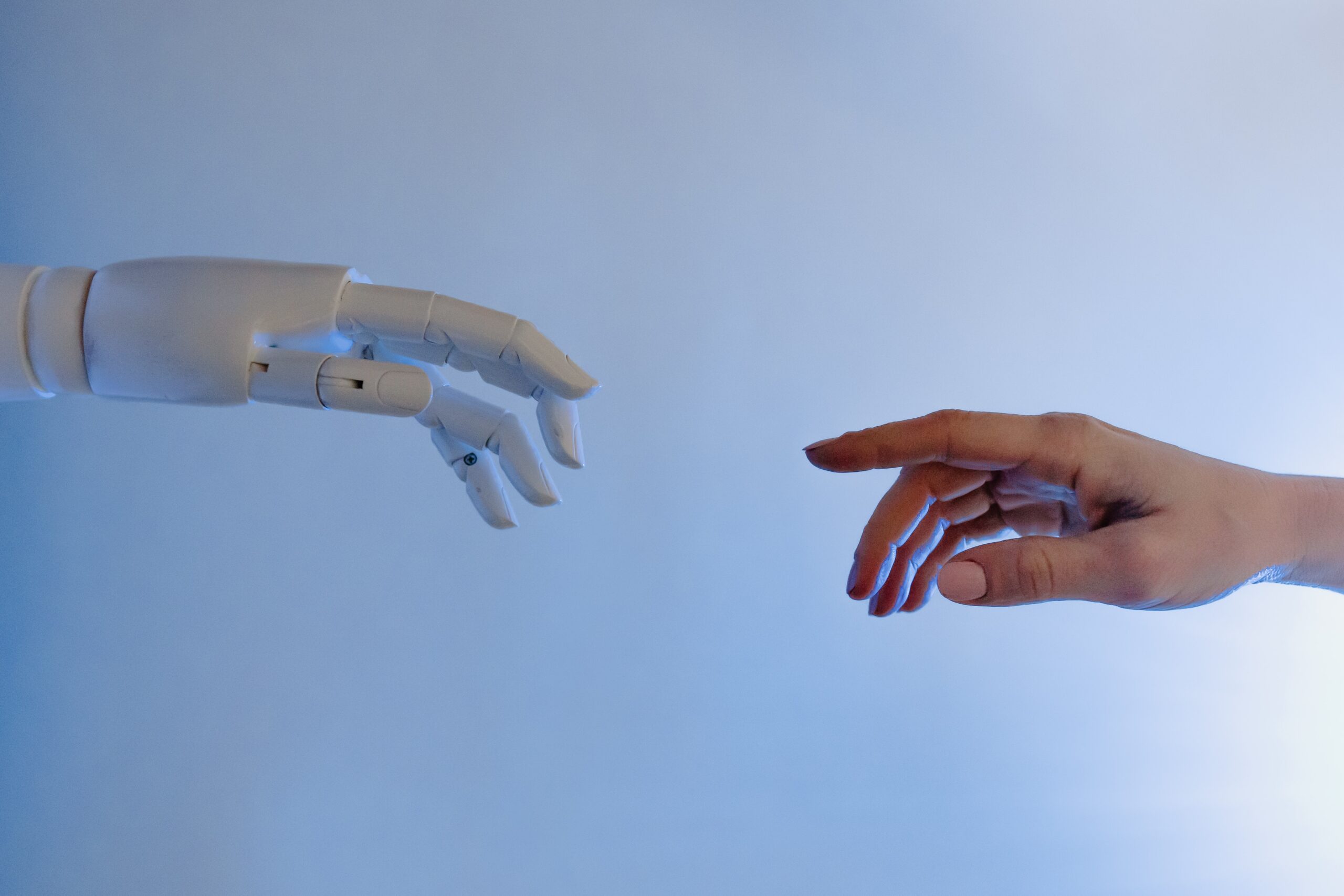
The Role of Humans in the Industrial Sector.
Manufacturing and engineering have always paved the way for innovation – leaders in the sectors were using robots long before AI became a familiar term. But with the availability of more research on the future of work and the pivotal release of Chat GPT; it’s important to consider the role of ‘humans’ in the industrial sector.
While AI is capable of replacing people in many manufacturing roles, it is important to note that humans will still be needed in roles that require creativity, problem-solving, and decision-making. There are still many tasks that require the flexibility and adaptability of human workers. Human workers are still needed to oversee the production process, monitor machines, and make real-time decisions based on changing circumstances. Additionally, there are certain tasks, such as quality control, that require the human eye and intuition to detect errors and make adjustments.
Within manufacturing and engineering, tasks that are repetitive, dangerous, or require a high degree of precision are already being replaced by technology. One area where AI is particularly well-suited to AI is predictive maintenance. AI can analyse data from sensors and other sources to predict when machines are likely to fail, allowing maintenance teams to perform repairs before breakdowns occur. This can help to minimise downtime and reduce maintenance costs.
AI is also being used to automate tasks such as quality control, sorting, and packaging. AI-powered vision systems can analyse images of products to identify defects, while robotic systems can perform tasks such as picking, sorting and packaging with a high degree of precision. Robots can be used to move items around a warehouse, improving efficiency, reducing errors, increasing productivity and lowering the need for human workers to perform physical labour.
AI and robotics are not new to engineering and manufacturing. It’s been an innovative way to improve and speed up productivity for many years. People working in the sector are already familiar with having robots as colleagues – but while some aspects of the industry can be automated, the role of humans in the industrial sector is still essential to multiple processes, and they will continue to play a critical role; working alongside AI systems to optimise production processes and improve efficiency.
——
In March, Goldman Sachs published a report claiming that AI has the power and ability to replace the equivalent of 300 million full-time jobs, impacting multiple sectors and it posing the question; should we be threatened by artificial intelligence?
We spoke to colleagues from around our business to gauge their thoughts. Read Are Robots Stealing Human Jobs here.
For more sector-relevant insight, check out this article on Bots ‘v’ Humans in a Customer Service environment.
Insights & Resources.
Looking for a Job?
Every day we match thousands of talented individuals with temporary and permanent jobs. We have opportunities available across the UK, from warehouse operatives to legal secretaries, temporary, contract, or permanent.
Searching for staff?
We offer 360° recruitment services in one solution. As multi-sector recruitment experts, we have panoramic views of the industry and the markets in which we operate.
Your local office.
Though our offices are based in Belfast and Lisburn City Centre, we reach every corner of Northern Ireland, across the whole of the province. We have a proven track record of supplying high quality candidates across a variety of sectors.




